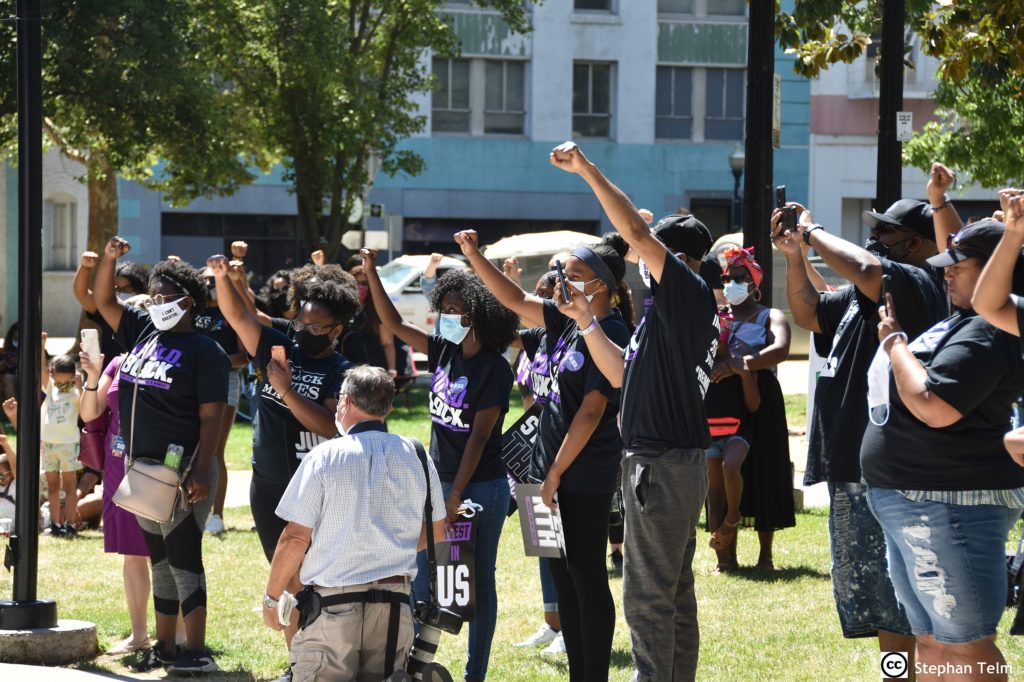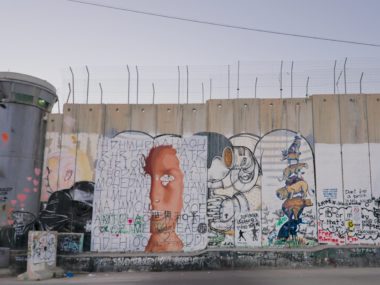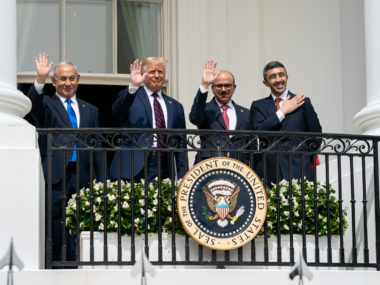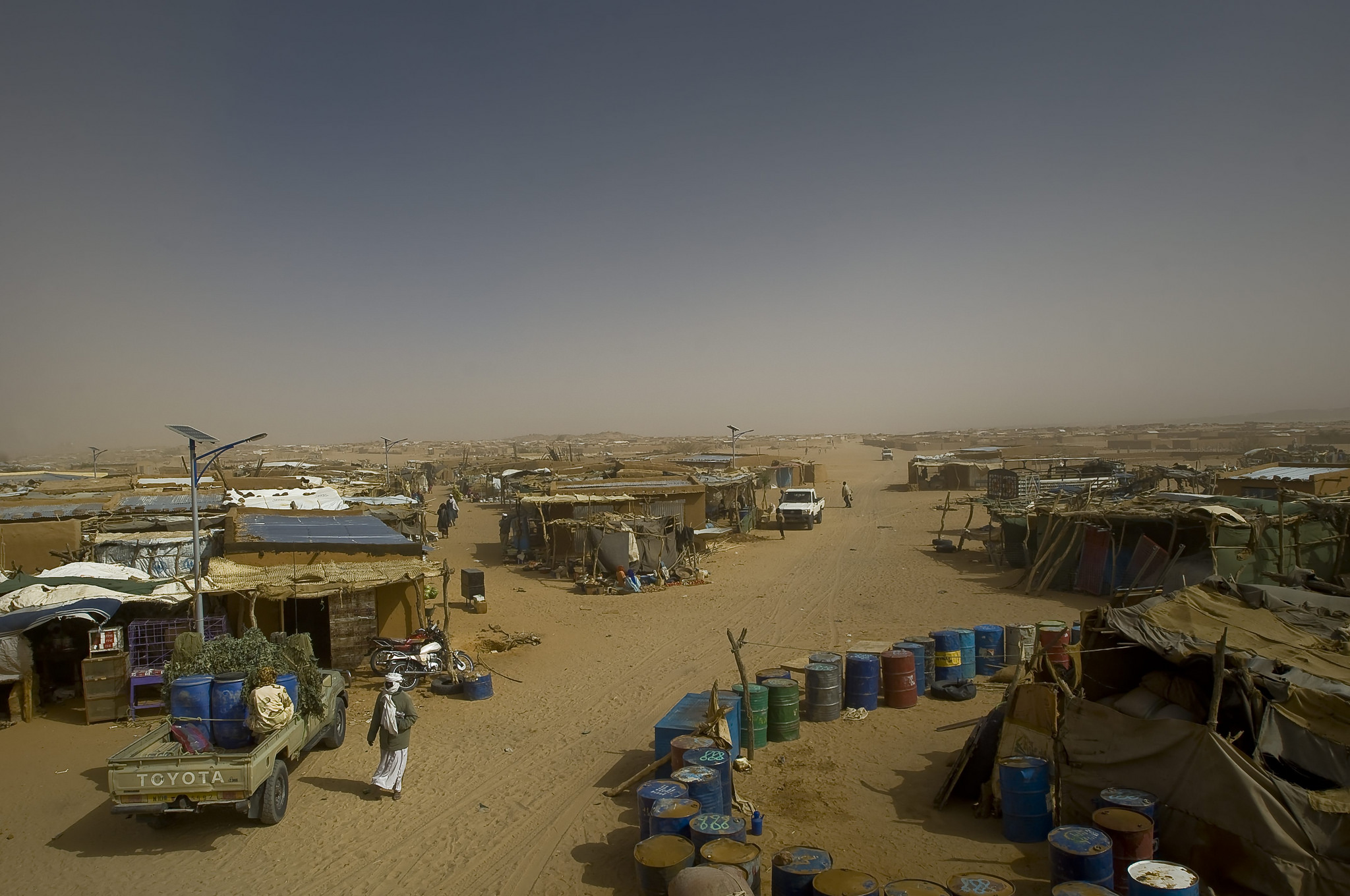I know you are wondering why you are seeing something that you believe is connected with African Americans outside of Black History Month. What the hell does this Juneteenth thing have to do with political conflict and violence? Well… everything actually, and, as generally characterized and understood, nothing at all.
Historically, the day had been largely ignored outside the black community where it was generally greeted with a twofold response. On the one hand, it was something that acknowledged African American emancipation from enslavement, which is as political conflict and violence as you can get. Think 12 Years a Slave meets Django Unchained Meets Roots (the TV show) meets Sankofa and then multiply it times 4 million individuals who survived and untold numbers who perished in the Middle Passage. Here, one has international subversion of governments by economic actors, forced abduction, human trafficking, mass torture, mass rape, state and non-state political domination to subjugate African Americans, state and non-state propaganda to diffuse the ideas of racial superiority and hatred, anti-enslavement mobilization and action, (internationalized) civil war, war crimes, and eventually law-making extending rights to those who had none as well as (alternatively) expanding or creating a democratic government. This is political conflict and violence at its core.
On the other hand, the day came with a little tongue in cheek because there was always this undertone regarding the fact that it took a little time for many African Americans to “know” they were free. To this, folks would ask: how the heck could someone not know they were free? How could they be so out of it? This often led to moments of sadness, embarrassment, and reflection. A different take viewed the delay as a reflection of the hypocrisy and inefficiencies of the US political system. In a sense, this revealed how inept and insincere the efforts were to facilitate black freedom.

A few years ago (on June 17, 2021) the situation changed. On this day, Juneteenth went mainstream. It was granted the status of a federal holiday and it received more public attention. Many (or being America, most likely some) came together to commemorate the freeing of the enslaved African American. Even the show Blackish (with Roots) took their shot at mainstreaming the event by going Schoolhouse Rock style.
What’s not to like, right? But here is another way that conflict and violence step in. At present, I would maintain that the dominant narrative around Juneteenth is problematic. In the mainstream view, specific white politicians (Lincoln most often) with the Northern (mostly white) troops (allowing for a few black soldiers in the film Glory) “freed” the enslaved. These events and actors were clearly involved with the effort to initiate the movement toward African American advancement—the “freedom” issue is for another series of blog posts. The celebration of the Emancipation Proclamation version of Juneteenth is problematic because it ignores the non-linear, unsteady, rocky path of the United States regarding what then happened—in a sense leaving everyone unprepared for the type of commitments and efforts that needed to be applied later. It was not simply that the Proclamation was made and blacks were then “free” to roam about the democracy and capitalist economy. It was not simply that Lincoln thought that it would be a nice and noble thing to do—there was an internationalized civil war being fought at an incredible magnitude of intensity/lethality. The connection to the war, the desire to win it, and the actual commitment to universal human freedom are never thoroughly explored in the popular domain. Rather, “one day blacks were ‘freed’” is what we are generally told. But, for today’s post, I wish to highlight that there was a deeper, more complex series of events and actors that need to be incorporated into the standard narrative. Indeed, I want to suggest that we need to rethink Juneteenth completely. We need the 2.0 version.
For example, we need to explain why the information about as well as actions regarding “freedom” took a while to diffuse across the United States. Back to conflict and violence, the reason is kind of straightforward when you think about it. Enslaved African Americans were purposefully kept “out of it” by slavery and those involved with it. They were generally terrorized in order to maintain subservience, and restricted from education and non-work oriented congregation (unless sanctioned).
In addition to this, a question that has not been explored systematically is: how quickly does one think that declarations of freedom are acted upon? The notion of embarrassment, sadness, or derision regarding how information about, as well as action undertaken for, freedom presumes some simplistic mechanism whereby some entity states a new reality and those that hear it are expected to react immediately. But who believes this? Some researchers are finding legacies of slavery that essentially recur to the present day (e.g., here, here, and here). How are you just going to be free after finally hearing about it? At the same time, some insights about crippling polarization, divided governance, and civil conflict help us better understand the difficulties with movement from the Emancipation Proclamation to the delay in implementation. In this context, it makes sense that information—the declaration of freedom in one place and time—did not diffuse in an efficient way that led to uniform behavior (being and acting free) throughout the United States.
Now, having said this, I do not wish to suggest that African Americans were powerless and without agency. Here, again, is where political conflict and violence come in—although not exactly the parts of it that are most commonly discussed. For example, terror and restriction did not eliminate black collective identity or action. Rather, it forced them to create what James Scott refers to as “everyday resistance” and what Verta Taylor refers to as “abeyance structures.” These facilitate some understanding, mobilization, and communication but they are not the most efficient. There is actually some fascinating work that talks about the creation of African American identity on plantations out of the complexities of internationally forced abduction and resettlement.
There is also some amazing work that reveals that African Americans maintained not only an extensive domestic network (on and off plantations) but an international one as well, which collected and distributed information as well as communication. Regarding the latter, some work has revealed that African Americans knew a great deal about the Haitian revolution. This should come as no surprise really. Throughout the period of enslavement, African Americans were nothing less than the transnational creation of an assemblage of regionally distinct cultures forged under the lash. Repression and oppression lie at the heart of African American identity, revealing once again the relevance of political conflict and violence. Concerning the former, it appears that African Americans were quite aware of what was taking place throughout their plantation, the surrounding area, and the broader US as well, exchanging this information through drums, ridiculously under-reported mass defections from plantations, and underground communiques.
Now, I wish to discuss this capacity and fluidity a bit further because this actually helps account for what remains one of the least understood and appreciated elements of the traditional Juneteenth narrative. The event being celebrated should not be centered on white emancipation of the black enslaved but rather should focus on the story of white, as well as black emancipation of the black enslaved. I will highlight the black component here, as the behavior of Lincoln, Grant, and others is the predominant tale already told. Indeed, I do this in part because it involves what may be one of the most effective but least discussed slave revolts in world history. Again, invoking political conflict and violence, it seems clear that civil resistance, general strikes as well as revolution—and not civil war or the goodness and political astuteness of white folk—might sit at the root of one the most important events in American as well as world history.
Juneteenth leads us to emancipation and emancipation leads us to civil war but what leads us to Northern victory? Documented by W.E.B. Du Bois in Black Reconstruction and in many ways resurrected by Errol Henderson in The Revolution Will Not Be Theorized, scholars have noted that there was an immense strain placed on the south as African Americans effectively stopped what they were doing—working, acquiescing—in an explicit, coordinated, and large-scale manner. As highlighted by Henderson (2019: 96):
(I)n The Negro and Social Reconstruction, (Du Bois) noted:
What was really the largest and most successful slave revolt came at the time of the Civil War when all the slaves in the vicinity of the invading armies left the plantations and rushed to the army and eventually some 200,000 ex-slaves and Northern Negroes joined armies of the North, in addition to a much larger number of laborers and servants. It was this revolt of the slaves and the prospect of a much larger movement among the 4,000,000 other slaves, which was the real cause of the sudden cessation of the war.
(DU BOIS, 1986, PP. 105–106).
For Du Bois, the General Strike reflected “not merely the desire to stop work” but “was a strike on a wide basis against the conditions of work” (1969, p. 67). It “involved directly in the end perhaps a half million people” who “wanted to stop the economy of the plantation system, and to do that they left the plantations” (ibid). “The Negro,” he argued, “became as the South quickly saw, the key to Southern resistance. Either these four million laborers remained quietly at work to raise food for the fighters, or the fighter starved” and “when the dream of the North for man-power produced riots, the only additional troops that the North could depend on were 200,000 Negroes, for without them, as Lincoln said, the North could not have won the war” (ibid., p. 80). He adds that the General Strike
“was not merely a matter of 200,000 black soldiers and perhaps 300,000 other black laborers, servants, spies and helpers. Back of this half million stood 3 million more. Without their labor the South would starve. With arms in their hands, Negroes would form a fighting force which could replace every single Northern white soldier fighting listlessly and against his will with a black man fighting for freedom.”
(IBID).
The intentions, activities, and outcome made this truly revolutionary.
Now, this post is not meant to suggest that the civil war or factors such as the compassion/tactical brilliance of Lincoln played no role in African American emancipation. Rather, it is an attempt to reinsert back into the larger and more popular growing narrative of Juneteenth an understanding of why things turned out the way that they did—giving all parties their just due. Effectively writing African Americans out of their role in their own emancipation sustains a belief in black inferiority and the exclusive importance regarding the kindness of white folk in remedying problems that impact African Americans. The lack of popular understanding regarding the African American role in their own liberation is beyond troubling. To be clear: this post is not trying to elevate some African American self-help narrative that blacks brought about the end of the Civil War and enslavement themselves. Instead, the post seeks to remind us that it was the activity of various individuals and communities coming together (with varying levels of awareness regarding the others) that brought about the end of America’s first period of enslavement. In a sense, the post is a call that we need more understanding regarding the process that produced emancipation instead of just celebrating the event itself. Comprehending the betrayal of the slave revolt actually helps put other events and outcomes in perspective. The complex resolutions to the second and potentially the third will be the subject of other posts at some later date.
As you reflect on Juneteenth 2.0 and what it means or what it could/should mean, the key takeaway here is that we need to remember that “it always takes a village” to accomplish something worthwhile—always. Freeing the enslaved not only involved Lincoln and the fighters/fighting on the field during the Civil War; it also involved African American resistance in the fields and big houses of American plantations, which more directly and more systematically undermined the institution of slavery. In turn, this facilitated the northern war effort and moved forward the possibility of ending the “peculiar institution.” As we celebrate the freeing of the enslaved within the United States, it is useful to acknowledge as well as celebrate the full and accurate pathway that led to African American freedom. This not only does justice to all of those who helped resolve one of the biggest violations of human rights perpetrated by the United States of America (perhaps its second-biggest shame after the genocide of indigenous peoples), but it also sensitizes us to what is possible when diverse Americans come together. This not only helps us comprehend the joyous event of initial and partial emancipation, but helps us comprehend the less joyous reality of continued segregation, inequality, and violence.






